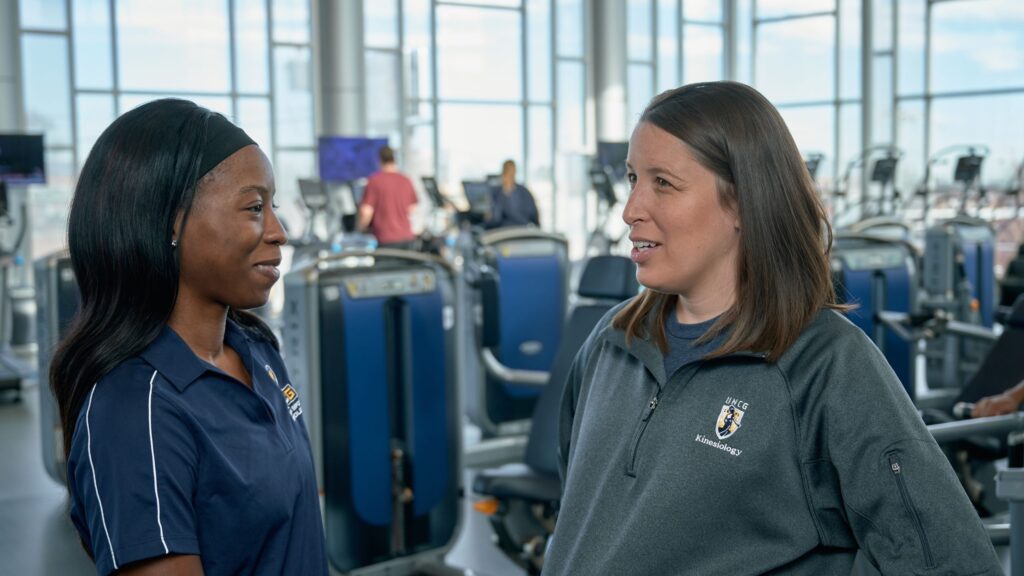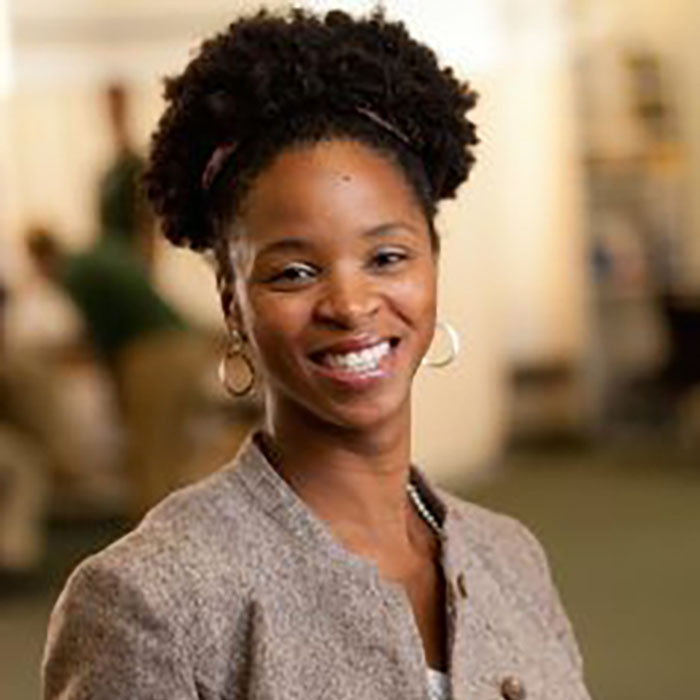Applied Sport Psychology Concentration, M.S.
Applied sport psychology employs a combination of evidence-based performance enhancement techniques, sport science, and counseling skills to help clients maximize their potential and obtain optimal enjoyment from their sport and performance experiences. Students learn how to enhance human development and functioning by acquiring cutting edge knowledge in the area of sport psychology. If you enjoy helping athletes and performers achieve their full sporting and exercise potential, solving complex problems and working as part of a team, this field might be an ideal match for you.
The Student Experience
- This curriculum was designed for students to meet the coursework and field experience requirements for certification as a Certified Mental Performance Consultant (CMPC), the gold standard designation for practice developed by the Association for Applied Sport Psychology (AASP).
- Students in this concentration will have the opportunity to work with Division I student-athletes under the direct mentorship of an AASP-approved CMPC.
- Established partnerships allow students to work with other local sport, exercise, and performance organizations.
- Faculty in SEP have ongoing collaborations with subdisciplines in Kinesiology and with other departments, Institutes, and Centers across campus.
AFTER GRADUATION
We have a strong record of placing our students in the top facilities in north central North Carolina; abundant opportunities exist in Greensboro, as well as in Winston-Salem, High Point, Durham, Chapel Hill, etc.
Our curriculum is designed to prepare you to pursue:
- Careers in:
- Coaching
- Teaching
- Sports medicine
- Athletic training
- Health and fitness
- Performance enhancement consulting
- Doctoral degrees in:
- Sport psychology
- Clinical or counseling psychology
- Social work
- Certification in sport psychology consulting as a Certified Mental Performance Consultant through the Association for Applied Sport Psychology.
Sample Plan of Study
Students in this concentration area progress through the program as a cohort with most courses required based upon the requirements for CMPC certification. Because this is a cohort model, students may only begin the program in the Fall semester. The program of study is as follows:
Frequently Asked Questions
APPLY TO PROGRAM

